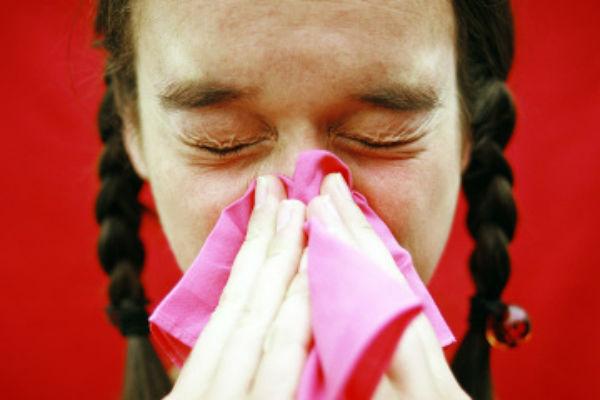
Whenever you use a new OTC antihistamine, test it out at home first. Some of these drugs can make you sleepy and impair your reflexes. Even when there is no severe warning listed on the label, take the initial dose when you are in the comfort of your own home and do not need to operate a vehicle or anything else potentially hazardous if you become drowsy.
Before going to sleep, showering and washing your hair is a good idea. You can get a lot of pollen on your hair and skin during the daytime, which can cause an allergic reaction at night. You will likely sleep much more comfortably if you have a quick shower beforehand.
Age can actually play an important role in your allergy profile. For instance, food allergies are prevalent in small children, who are just getting their first exposure to different foods. As they grow older and are introduced to other types of foods they are not used to, they may develop allergies to some of those new foods. Do not discount the possibility of an allergic reaction in your child simply because there has never been a reaction to non-food allergens in the past.
Are you aware that your body may be causing some of your allergies? Depending on how you live, you could be causing your reactions. Pollen and other allergens can cling to your clothing, your hair and any exposed body parts as you perform your daily routine. In the evening, especially during sleep, these allergens can cause harm to your airways. Try showering, and putting on fresh night-clothes before you hit the sack for a good night's sleep!
If you find yourself fighting allergy symptoms throughout the day, take note of the specific times during which the problems occur. Between 5 a.m. and 10 a.m., pollen levels are at their highest; it is best to stay indoors during this period. If it is necessary to leave the house, try to avoid strenuous activity and make it a short trip.
Keep an eye on your stress levels. Most people are unaware that getting stressed can trigger allergies. This is very true, especially for people who are asthmatic. Any significant increase in stress levels carries an equally increased risk for experiencing an asthma attack. This isn't a cure, but may help you have fewer, less severe attacks.
Leave a Comment